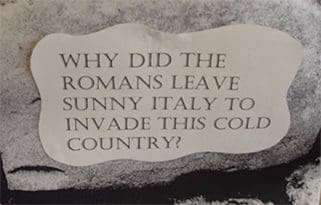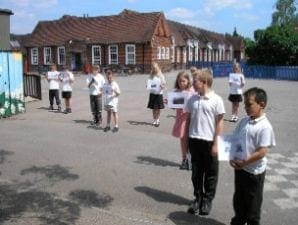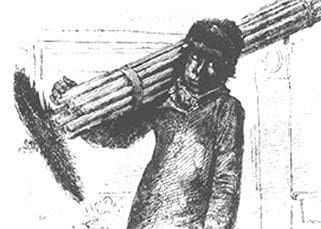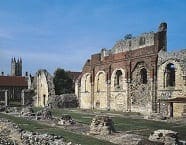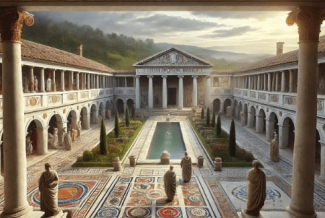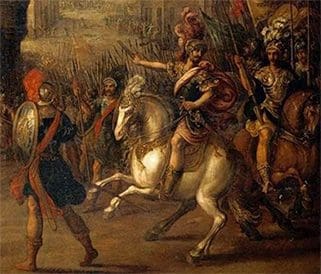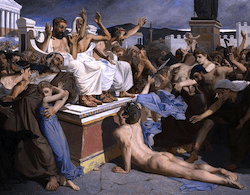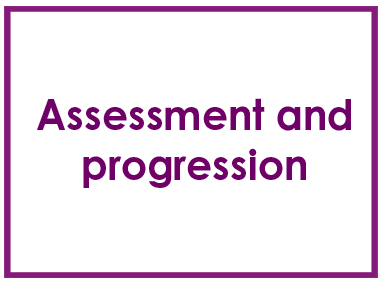
Assessment for Learning is much-vaunted and many-faceted. If we break down what it means in its constituent parts, many of you will feel that you do most of that already, and you probably do. What we need is a consistent, coherent, whole-school approach so that AfL becomes embedded in everyone’s practice: it pervades the ethos of the school; the attitudes that are shown; the quality of the learning environment and even the basic routines and behaviour.
What has this got to do with history specifically?
To my mind, the most important feature of AfL in history is the use of curricular targets that are history related. If we get these right, and share them with children in a way that they can understand then we can more easily design opportunities for learning that move children on significantly.
How much of this are we doing already in history?
If we look

